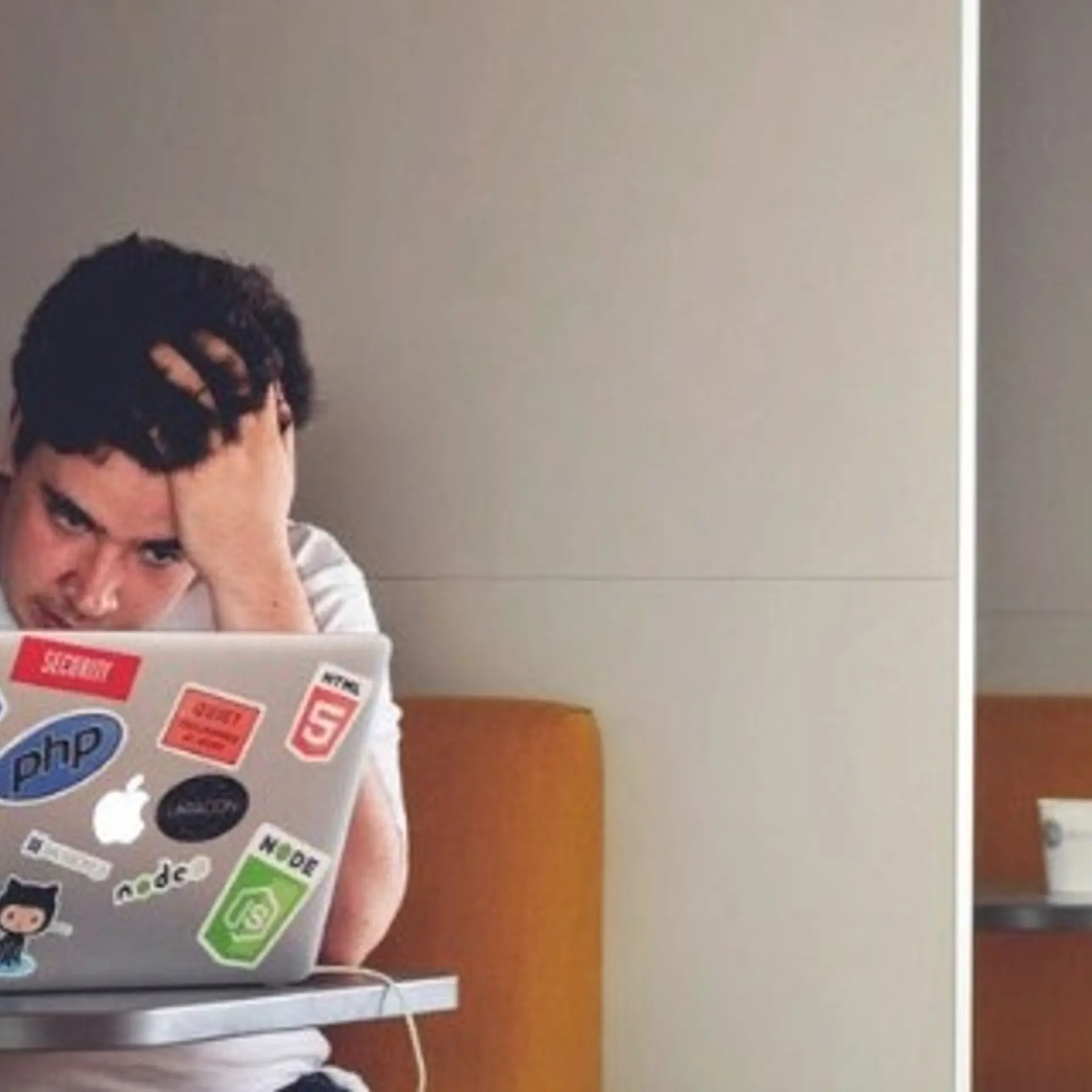

8 Unhealthy habits that are affecting your productivity
Our habits shape our personality. They also have a significant role to play in how productive and efficient we are.
Like it or not, your personal bad habits can take a toll on your professional life by negatively affecting your productivity. This has accentuated even more in the current situation where most of us find ourselves struggling to be entirely productive while working from home. Our sleep patterns, exercise and diet management habits are not on track and identifying unhealthy patterns will definitely help in improving the way we deal with work from home.
Here are 8 unhealthy habits that are likely to affect your productivity while working:
Rushing in the morning
When you give yourself very little time in the morning to prepare for the day ahead, you’re most likely to crash earlier than usual when tasks build up at work. From brushing your teeth to doing the morning chores, eating breakfast, and logging in for work—if your mind doesn’t get ample time to breathe through these rituals in the morning, then the adrenaline is bound to cloud you in a frenzy, which will hinder your productivity later in the day. So, if you feel that rushing every morning is somehow becoming a habit, make it a point to wake up at least 30 minutes early, do some breathing exercises and meditation, then start with the chores.
Skipping breakfast
A lot of people blame it on the waking up late especially during the pandemic situation, but skipping breakfast every day should NOT be a habit. This is simply because when you wake up in the morning, you have low blood sugar since you have been fasting for eight hours straight. Low blood sugar can make you feel tired, less-focused, and cranky. So, make sure you have an energizing breakfast loaded with fibre, proteins, vitamins and minerals.
Not making to-do lists
Let’s face it, to err is pretty much human. But sometimes that error can cost us a lot! It’s very normal for the human mind to forget things, so it’s very important to make a to-do list and prioritize tasks based on their importance and timelines. You can do this on a whiteboard, chalkboard, or even on an online task manager.
Handling the easy stuff first
It may seem like the right thing to do, but according to studies, we’re most productive during the morning. When we only tackle the easy stuff first and keep pushing the dreaded, challenging task, it eventually takes a backseat, and may never see the daylight for days or weeks. So, whenever possible, try to get done with the tough tasks first no matter how long it takes. The easy ones won’t bug you much anyway!
Responding to your emails as and when they come
Emails are an integral part of work, but they shouldn’t meddle with work either. When you keep responding to emails in real-time, your focus is driven away from your actual work to just the overflowing inbox. Instead, you can only choose to respond to emails that have a real priority etched to them. Responses to other emails can wait until you’re done with your primary work.
Checking social media feeds every now and then during work
Looking at your Instagram, Twitter, and Facebook feeds time and again at work creates an incessant distraction wherein you often end up getting ensnared in mindless scrolling. Checking your social media feeds once during lunchtime is all right but doing it while you’re in the middle of work negatively affects your productivity.
Trying to do everything yourself
It’s a good quality to be self-reliant and independent. It’s also okay to be particular about getting your work done a certain way. But you need to know that taking the responsibility of everything on your head can often lead to a negative result. If there are other people more skilled than you for a task at hand, you should feel free to ask for their help. It will reduce your stress and the task will also get wrapped up in a shorter period of time.
Multitasking
You may feel like you can get a lot done with your multitasking skills but studies say, multitasking makes us less-effective and increases the risk of errors as well as mental stress. Switching between tasks every now and then slows you down and your brain too takes time to adjust to the new objectives of different tasks. So, stick to minor multitasking like getting your coffee while your computer turns on, but not something major that costs you your sanity eventually.





